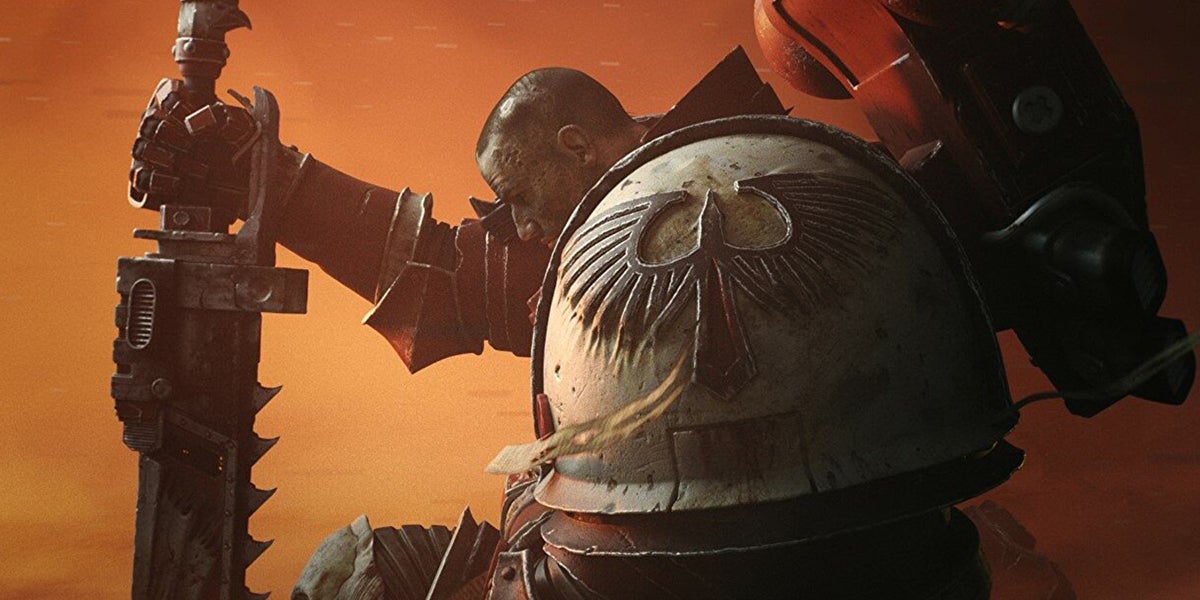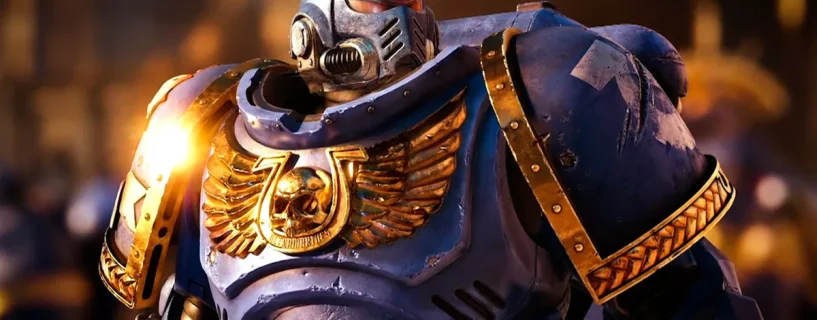Warhammer 40k: Exploring the Fascism Debate
Introduction:
Warhammer 40,000, commonly known as Warhammer 40k, is a tabletop wargame that has garnered a massive following since its inception. The game is set in a dystopian future where humanity fights for survival against various alien races. However, there has been an ongoing debate about whether Warhammer 40k promotes or embodies fascist ideologies. In this article, we will delve into the subject and examine the arguments from both sides of the debate.

The Setting and Themes:
Warhammer 40k is renowned for its dark and grim setting, where humanity exists in a state of constant warfare. The game explores themes of authoritarianism, totalitarianism, and a brutal struggle for survival. It depicts a universe where humanity’s survival is at stake, and extreme measures are often taken to maintain order and fight against the existential threats it faces. These themes have led some critics to draw parallels between the game’s lore and fascist ideologies.
The Argument against Fascism:
Those who argue that Warhammer 40k is fascist point to certain elements within the game’s lore and aesthetics. The Imperium of Man, the dominant human faction, is often seen as a totalitarian regime. It is characterized by an all-powerful ruler, the Emperor, and a centralized authority that enforces strict control over its subjects. The Imperium’s policies, such as the persecution of mutants and aliens, and the use of brutal tactics in warfare, are cited as evidence of fascist tendencies.
Furthermore, the depiction of a vast, homogeneous human empire striving for purity and unity can be seen as reminiscent of fascist ideologies that prioritize a single race or nation above others. The glorification of warfare, the emphasis on order and discipline, and the hierarchical structure of the Imperium are also seen by some as aligning with fascist principles.

The Argument for Allegory and Critique:
On the other hand, proponents argue that Warhammer 40k employs fascism as a critique rather than an endorsement. They contend that the game uses exaggerated elements of totalitarianism, authoritarianism, and xenophobia to provide social commentary and explore the dangers of such ideologies. The game’s creators, Games Workshop, have stated that the setting is intentionally dystopian and seeks to reflect the worst aspects of humanity.
Warhammer 40k portrays the Imperium as a deeply flawed and corrupt regime. The brutal tactics, persecution of mutants, and xenophobic policies are depicted as the desperate measures taken by a crumbling empire in its struggle for survival. The game’s narrative often focuses on the oppressive nature of the Imperium, with factions and characters challenging its authority and highlighting the negative consequences of its actions.
Additionally, Warhammer 40k introduces other factions that are far from ideal themselves. The Chaos forces, comprised of twisted and malevolent beings, represent the dangers of unchecked power and the corrupting influence it can have. These elements serve as a cautionary tale, emphasizing the destructive nature of extremist ideologies rather than promoting them.

Authorial Intent and Interpretation:
Understanding the authorial intent behind Warhammer 40k is crucial in this debate. Games Workshop has repeatedly stated that the game is not meant to endorse fascism or any other extremist ideology. The creators have emphasized that Warhammer 40k is a work of fiction and a platform for storytelling, and they encourage players to engage critically with the themes presented.
However, it is important to note that the interpretation of any form of media is subjective and can vary from person to person. While Games Workshop may intend for Warhammer 40k to serve as a critique of authoritarianism and extremism, some players may still interpret certain elements differently and perceive fascist undertones within the game.

Conclusion:
The question of whether Warhammer 40k is fascist is a complex and contentious one. While the game’s setting and themes can evoke fascist imagery and elements, it is essential to consider the broader context and intent behind its creation. Warhammer 40k’s portrayal of authoritarian regimes, brutal warfare, and xenophobia can be seen as a critique rather than an endorsement of such ideologies.
Ultimately, it is up to the players and fans to engage critically with the game’s lore, narratives, and themes, and form their own conclusions. It is essential to approach the debate with an open mind, understanding that interpretations may vary, and engaging in respectful discussions to explore different perspectives.
Follow us on Twitter! @freqplatoon
Join us on Discord! htttps://discord.gg/thefrequency




